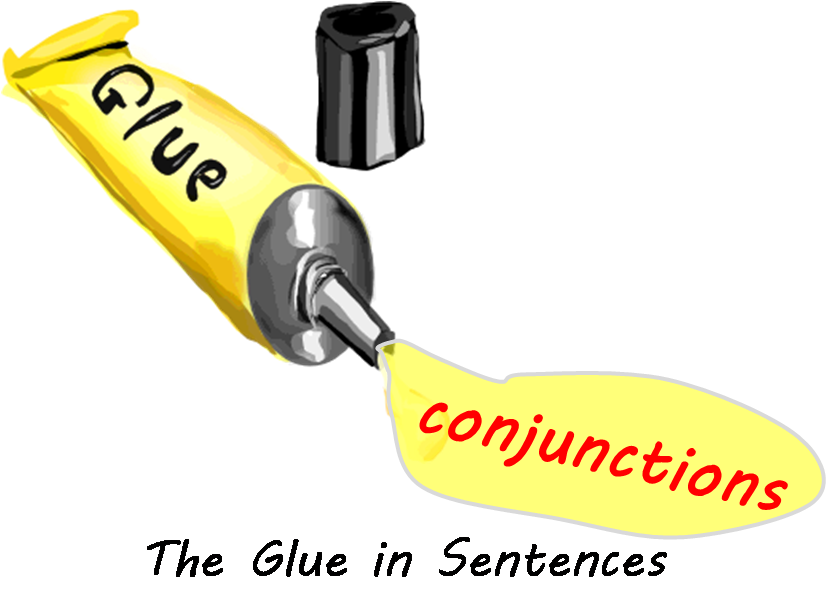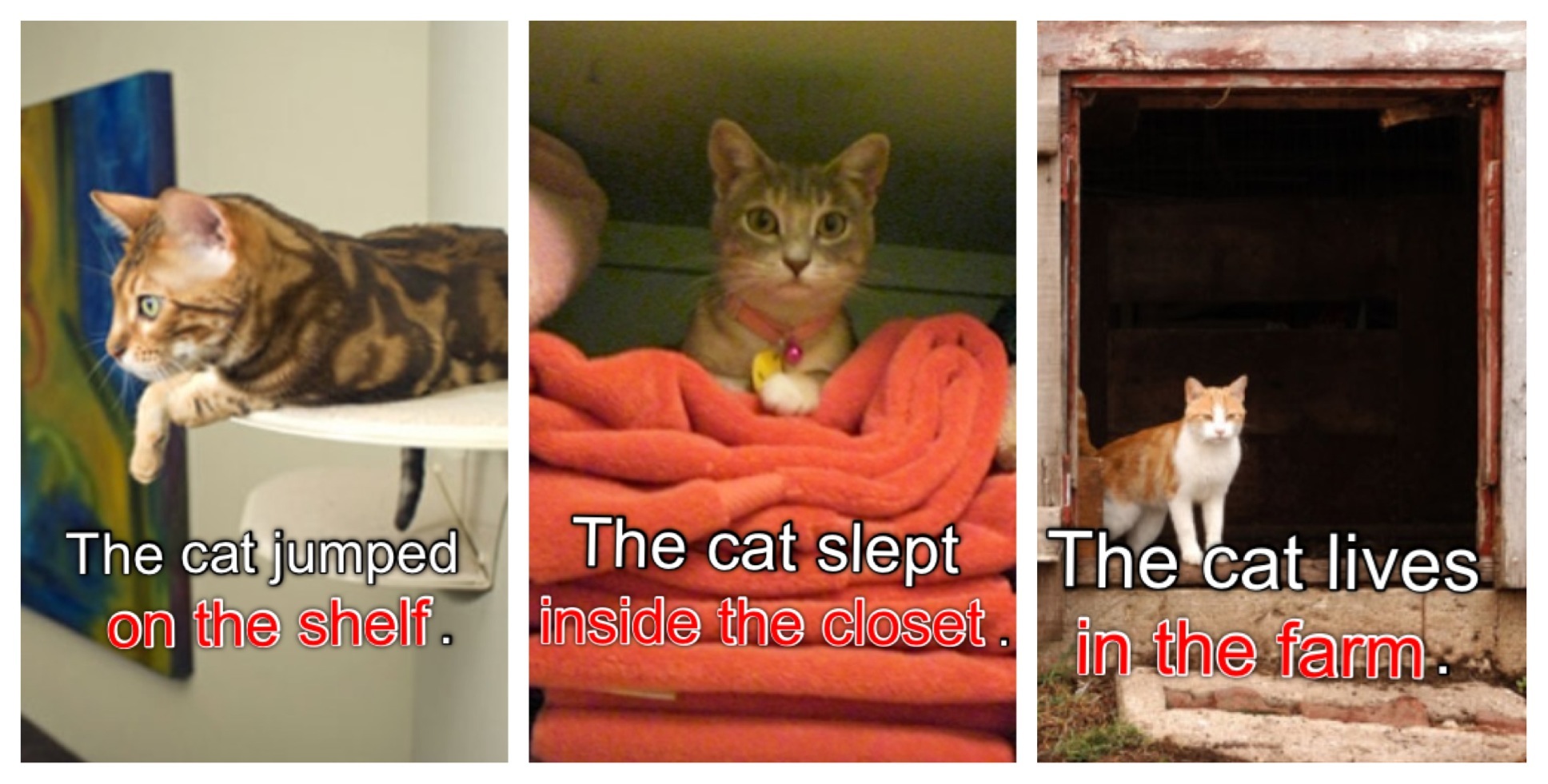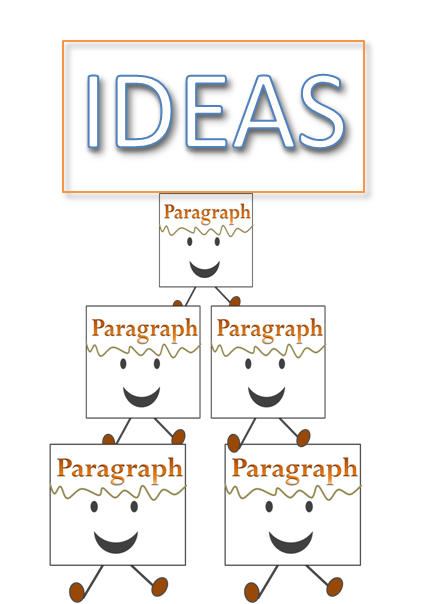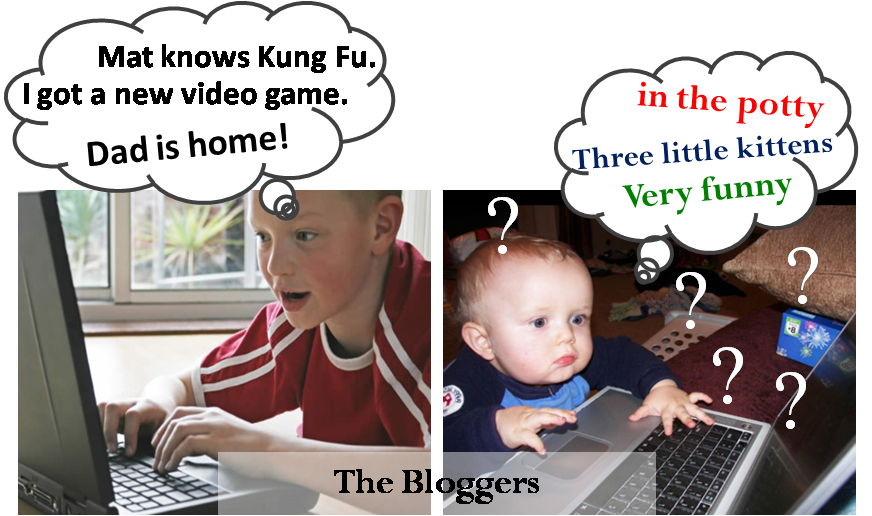English Grammar Exercises on Nouns and Pronouns
English Grammar Exercises on Nouns and Pronouns
If you have read all of the earlier 15 posts in this site, then you are ready for these English grammar exercises. Test your knowledge and be a grammar expert. You may review your nouns and pronouns first before you continue with the exercises.
English Grammar Exercises Part 1. Identify Your Nouns.
Exercise A. Study the following list of nouns. Copy these in your notebook and identify according to its type. Know if it is (1) names of persons, animals, places, things or ideas (2) abstract or concrete (3) singular or plural (4) collective (5) compound, and last (6) common or proper.
1. raincoat 11. witches
2. potato 12. herd
3. zebras 13. Buckingham Palace
4. New York 14. sweater
5. nut cracker 15. pleasantness
6. Sir Arthur Conan Doyle 16. life jackets
7. bunch 17. will-o-the-wisp
8. benefits 18. feminism
9. joy 19. Mount Rushmore
10. French Open 20. Sunshine
Exercise B. Recognizing Compound Nouns. You may need a dictionary to complete this. If the following expressions can be found in the dictionary, write “compound” and provide a short definition. If the expression is not in the dictionary, use your own words and define them based on your own understanding.
1. nameplate 6. rain puddle
2. ponytail 7. school bus
3. thunderstorm 8. fireflies
4. six-packs 9. half sisters
5. snow man 10. makeup
English Grammar Exercises Part 2. Identify Your Pronouns
Exercise C. Recognize your antecedents. Look at the underlined pronouns and identify its antecedent. If the pronoun has no antecedent, then simply specify “none” after the pronoun.
- John himself arranged the books and listed the titles in his ledger.
- The children lined up in the hall. Their shoes made a lot of noise and they even left a trail of dust on the shiny floor.
- The teacher said that nothing is sadder than a smart child who does not try.
- All of the new teachers had to be closely supervised by the school administrator. Those who will not be able to comply with the requirements will not be able to continue teaching.
- The non-stop rains caused heavy flooding in the city. Its damage made the schools cancel their classes.
- Elizabeth Browning is a wonderful poet. Everybody ought to study at least one of her works.
- It is very important to me not to keep other people from waiting especially those with urgent concerns.
- Reading is a very practical hobby. Schoolchildren should train themselves to do it constantly.
- My mother asked Maya what she was arguing about with Eric earlier.
- Both the athletes were skilful. They trained hard and it showed in their performances.
Exercise D. Identifying the Different Kinds of Pronouns. Say whether the underlined word is a personal (P), reflexive (RX) , intensive (IN), demonstrative (D), relative (RT), interrogative (IR), or indefinite (ID) pronoun.
When the internet became accessible to the public, people all over the world turned to (1) their computers to surf the virtual world. In the beginning, only a (2) few realized the significance of the internet and (3) that (4) this will revolutionize the way we share information. Today, millions of people in the world use (5) their laptops and other gadgets to access information featured in various websites (6) each covering a particular niche. It is a fact that the internet can be used as a learning aide, but educators are asking (7) themselves regarding the dangers of too much information. Some consider that the dangers of the internet far outweigh the benefits, which is why there are (8) those (9) who are calling for stricter regulations on (10) it. Educators are afraid that adult content information may be easily accessed without prompting (11) those young surfers (12) who access (13) them for learning purposes. The educators are asking: (14) Who will make sure that young kids will not be exposed to pornography or excessive violence? Are web administrators and hosts competent enough to consider (15) themselves as their own regulators or censors? From this premise, parental tools were established to protect children from inappropriate information. However, (16) others still believe that legislation is the key in order to penalize malicious intent. Some consider this an intrusion to their free will. They contend that the internet is the place for those (17) who wish to express their thoughts and opinions without any kinds of censorship. This is not permissible especially if it is detrimental to our health and security. (18) We should know that information can be very powerful. We are deceiving (19) ourselves if we believe that information is merely a tool for self-expression. Our history will show that wars and even terrorism have emerged from information falling into the wrong hands. (20) Whose dark history shall we repeat before we learn from our mistakes?
Also you may review our new literal partner at literarydevices,net.







